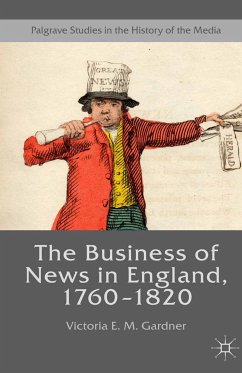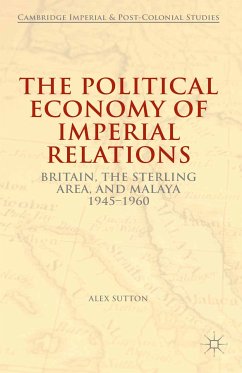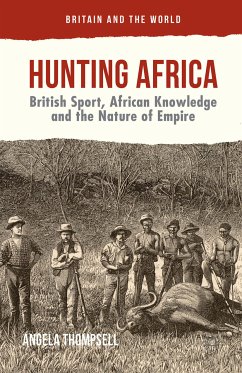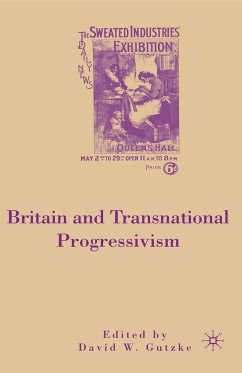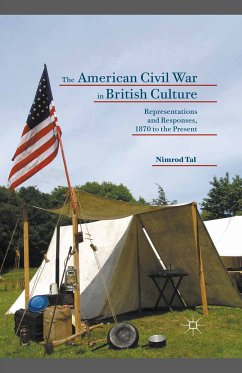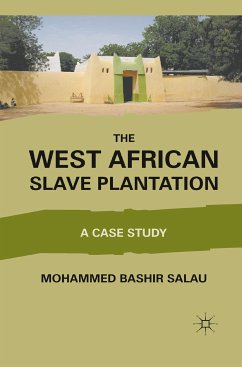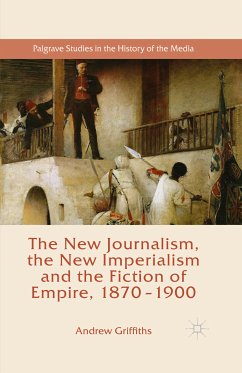
The New Journalism, the New Imperialism and the Fiction of Empire, 1870-1900 (eBook, PDF)
Versandkostenfrei!
Sofort per Download lieferbar
40,95 €
inkl. MwSt.
Weitere Ausgaben:

PAYBACK Punkte
20 °P sammeln!
Aggressive policy, enthusiastic news coverage and sensational novelistic style combined to create a distinctive image of Britain's Empire in late-Victorian print media. The New Journalism, the New Imperialism and the Fiction of Empire, 1870-1900 traces this phenomenon through the work of editors, special correspondents and authors.
Dieser Download kann aus rechtlichen Gründen nur mit Rechnungsadresse in A, B, BG, CY, CZ, D, DK, EW, E, FIN, F, GR, HR, H, IRL, I, LT, L, LR, M, NL, PL, P, R, S, SLO, SK ausgeliefert werden.



